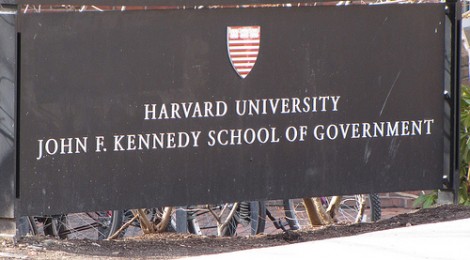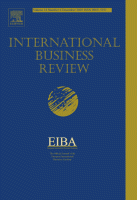World Development 77, 16: 192-205
The article is co-authored with Elisa Giuliani and Arianna Martinelli
Growing internationalization constitutes an opportunity for technological catch up. In this paper we analyze Brazilian, Indian, and Chinese cross-border inventions with EU-27 inventors. Our results suggest that these inventions represent an opportunity for emerging country firms to accumulate technological capabilities, access frontier knowledge, and appropriate the property rights of co-inventions.








